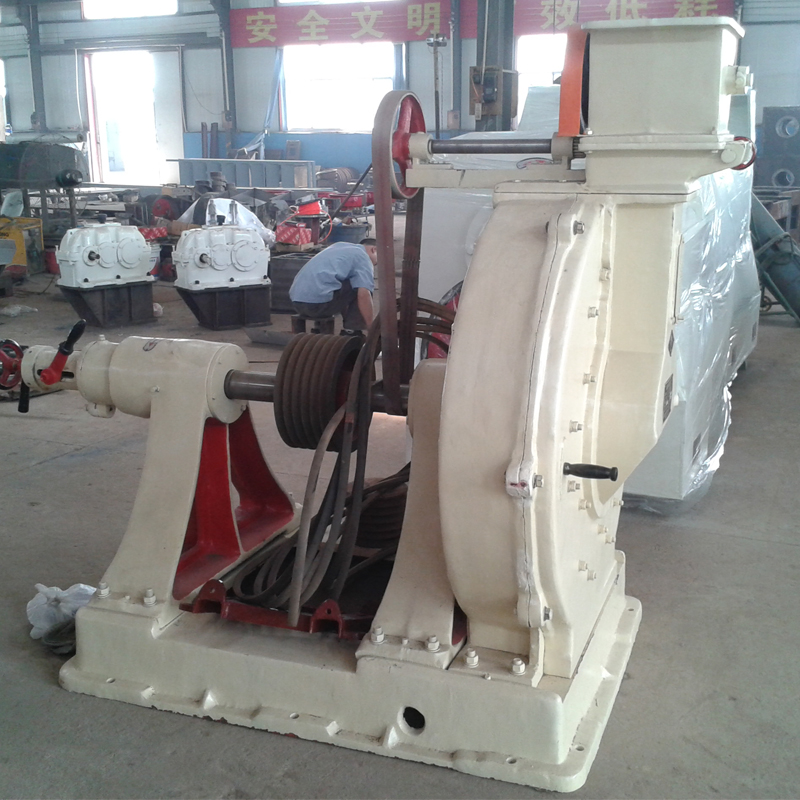Oct . 14, 2024 13:04 Back to list
Non-Tropical Vegetable Oil Production Facilities and Their Impact on Global Markets
Non-Tropical Vegetable Oil Factories An Overview
Vegetable oils are essential commodities in today's global food system, playing a vital role in culinary uses, food processing, and various industrial applications. While tropical vegetable oils like palm and coconut oil often dominate headlines due to their extensive cultivation in tropical climates, non-tropical vegetable oil factories are also significant contributors to the global oil market. This article provides a comprehensive overview of non-tropical vegetable oil factories, their production processes, key oils, and the challenges they face.
The Importance of Non-Tropical Vegetable Oils
Non-tropical vegetable oils, commonly derived from plants that thrive in temperate climates, include canola, sunflower, soybean, and flaxseed oils. These oils are known for their nutritional profiles, particularly their high levels of unsaturated fats, low saturated fat content, and essential fatty acids. Canola oil, for example, is celebrated for its heart-healthy properties, while sunflower oil is famous for its light flavor and high smoke point, making it ideal for frying.
The global demand for non-tropical vegetable oils has been steadily increasing, driven by the rising trend of health-conscious eating and the growing popularity of plant-based diets. This demand has prompted the expansion of non-tropical vegetable oil factories, which are strategically located near farming areas to facilitate the efficient processing of oilseeds.
Production Process in Non-Tropical Vegetable Oil Factories
The production of vegetable oil entails several key steps, starting from seed cultivation to the final processing of oil. In non-tropical plantations, farmers grow crops such as canola, sunflower, or soybeans. Once harvested, these seeds undergo a series of processes at oil factories
1. Seed Cleaning The harvested seeds are cleaned to remove impurities like dirt, stones, and other foreign materials.
2. Seed Crushing The cleaned seeds are then crushed to break the cell walls, allowing oil to be extracted. This is often done using mechanical presses or solvents.
3. Oil Extraction There are two primary methods for extracting oil from seeds cold pressing and solvent extraction. Cold pressing involves mechanically pressing the seeds at low temperatures, preserving more of the oil’s natural flavor and nutrients. Solvent extraction uses chemical solvents to extract oil more efficiently but may leave residual chemicals, which necessitate further refining.
4. Refining The crude oil obtained from the extraction process undergoes refining to remove impurities, free fatty acids, and other components that affect flavor and shelf life. This refining process may involve degumming, neutralizing, bleaching, and deodorizing.
5. Packaging Finally, the refined oil is packaged in various sizes for distribution to consumers, restaurants, and food manufacturers.
non tropical vegetable oil factories

Key Non-Tropical Vegetable Oils
2. Sunflower Oil Known for its light taste and versatility, sunflower oil is used in cooking, salad dressings, and as an ingredient in many processed foods.
3. Soybean Oil As one of the most widely consumed oils globally, soybean oil is a staple in food preparation and is often used in margarine and various sauces.
4. Flaxseed Oil Rich in omega-3 fatty acids, flaxseed oil is often used for its health benefits, particularly in cold dishes due to its low smoke point.
Challenges Facing Non-Tropical Vegetable Oil Factories
While the non-tropical vegetable oil industry shows significant promise, it faces several challenges
- Climate Change Changes in weather patterns can affect crop yields and oil production, creating volatility in supply and prices.
- Competition with Tropical Oils Non-tropical oils have to compete against cheaper and more abundant tropical oils, which can pose economic challenges for producers.
- Sustainability Concerns As with all agricultural industries, there is a growing need for sustainable practices in the cultivation and processing of non-tropical oilseed crops, including issues related to land use, pesticide use, and carbon emissions.
Conclusion
Non-tropical vegetable oil factories play a critical role in meeting global demands for healthy and versatile cooking oils. Through innovative production techniques and sustainability practices, these factories can continue to thrive and contribute to a diverse and balanced food system. As consumer preferences shift towards healthier options, the importance of these industries will likely only increase in the years to come.
-
Oil Processing Equipment - High-Efficiency Flaking Machine
NewsJul.25,2025
-
High-Efficiency Peanut Oil Refined Machine for Quality Oil Production Leading Exporters & Companies
NewsJul.08,2025
-
High Efficiency Sunflower Seed Oil Press – Leading Cooking Oil Press Machine Factories & Suppliers
NewsJul.08,2025
-
High-Efficiency Soybean Oil Press Machine – Leading Exporters & Reliable Companies
NewsJul.07,2025
-
High-Efficiency Seed to Oil Extractor – Reliable Extraction Machinery for Your Business
NewsJul.07,2025
-
High-Quality Pressing Screw of Oil Expeller for Efficient Oil Extraction Leading Exporters & Manufacturers
NewsJul.06,2025
